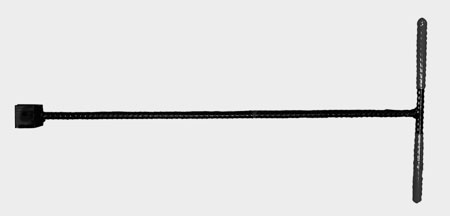 Low water pressure can be frustrating, especially when it happens slowly over time. If you’ve been noticing that your water flow is slower than it used to be, or if you’ve noticed a drastic difference in water pressure, take a look at common reasons for low water pressure.
Low water pressure can be frustrating, especially when it happens slowly over time. If you’ve been noticing that your water flow is slower than it used to be, or if you’ve noticed a drastic difference in water pressure, take a look at common reasons for low water pressure.
Do you have faulty fixtures?
Faulty fixtures are an extremely common cause of slow or low water pressure. Sediment or buildup can occur on smaller components within a fixture, including on a screen or within a faucet aerator. If the low water pressure is experience within a shower, check your showerhead–mineral buildup is a common occurrence within shower fixtures.
Is the Pressure Regulator Failing?
If you’ve checked all of your fixtures for sediment and faulty aerators, your pressure regulator is the next likely culprit. Located with the main water valve for your home, this important fixture regulates the force of the water coming into your home. Too much force, and the water flow could damage fixtures within your plumbing system. Too little force, and you’ll have a water flow problem!
These regulators can be damaged or fail over time, so make sure to check your water pressure regulator once a year.
Is the Main House Shutoff Valve Open?
Every house has a main water valve for water coming into the house. If you’ve just recently had service done on your plumbing, your main water valve may have been shut off while the work was being done. If your water pressure still hasn’t returned to normal after the plumbing service, check the main water valve and make sure it’s fully open.
Remember: never force a valve open! It can damage the valve, making a serious repair necessary.
Do You Have Clogged Water Pipes?
Many people don’t think of incoming water pipes as being able to be clogged, but they can be! Tree roots and galvanization are the most likely culprits, and both of these happen over time. If you’ve felt a slow and steady drop in water pressure and all of your fixtures are clear, you can have your pipes inspected via video. An experienced plumbing contractor like D&F Plumbing, Heating and Cooling can use video inspection to see just what is clogging your pipes.
Is the Water Meter Valve Fully Open?
Your home also has another valve that controls incoming water located at the water meter itself. Usually only city employees have access to the water meter valve, but you can check to make sure it’s fully open.
Do you have a leak?
This can be harder to investigate on your own, but if the leak is inside of your home, this one might be the most obvious! Any signs of pooling water, drips, or streams of water on the walls, floors, or underneath fixtures can point to a water leak. If you don’t see any water but notice that your water bill has gone up significantly over the last couple of months, you may have a water leak in a main water pipe, or within your plumbing system. It’s best to call a professional plumber if you suspect a leak, to be sure the leak is fixed properly.
Is there a problem with your water heater?
This last tip is one that many homeowners don’t think about. Just like fixtures, water heaters also have screens and components within them that can get clogged with sediment over time. If one of those screens (or filters) is too clogged, it won’t allow as much hot water flow through to a pipe, slowing your water pressure. Once a year, your water heater should be drained and fully inspected by a plumbing professional, to avoid sediment from building up and lowering your water pressure.
Call D&F Plumbing, Heating and Cooling for Low Water Pressure Problems
If you’ve investigated all of the above and you still can’t find a reason for your low water pressure, contact D&F Plumbing, Heating and Cooling. Our expert journeyman plumbing contractors would be happy to inspect your plumbing system for leaks, faulty pipes or fixtures, and any other plumbing issue that could be causing your frustratingly low water pressure!

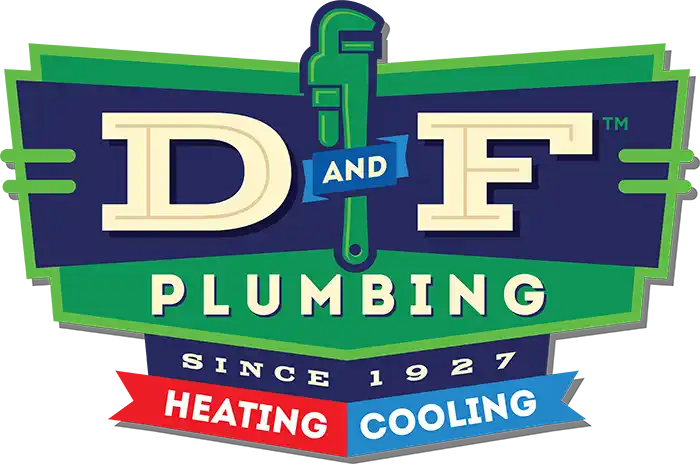
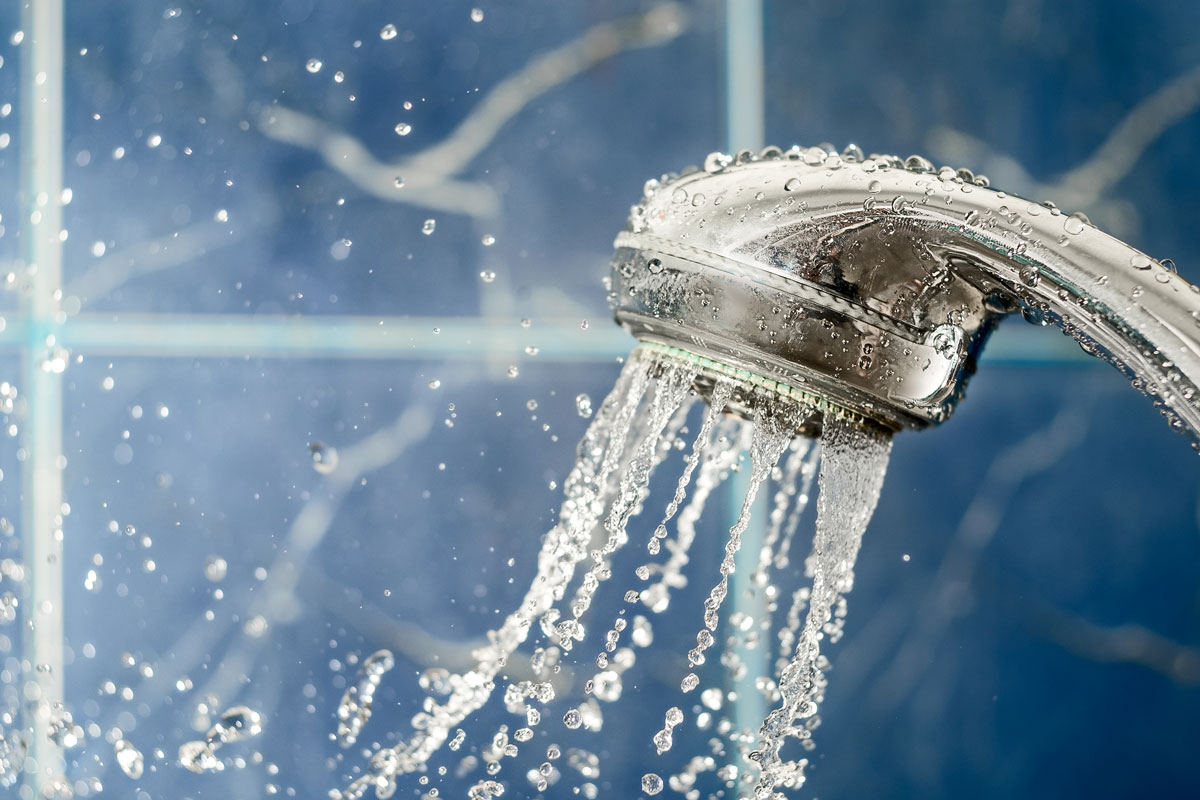
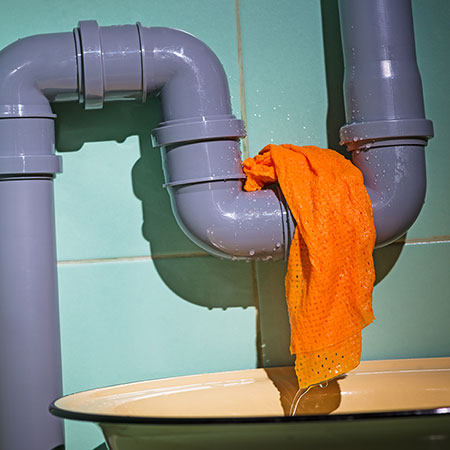
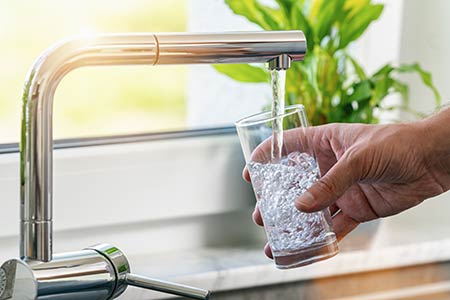
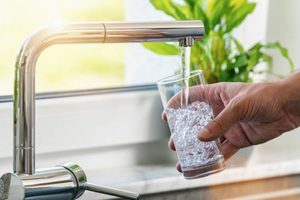 While summer tends to mark the emergence of many good things, it can also bring summer-specific plumbing problems. These issues can cause everything from minor nuisances to major problems that require a small fortune to repair.
While summer tends to mark the emergence of many good things, it can also bring summer-specific plumbing problems. These issues can cause everything from minor nuisances to major problems that require a small fortune to repair.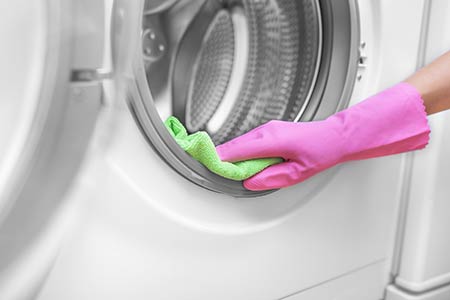
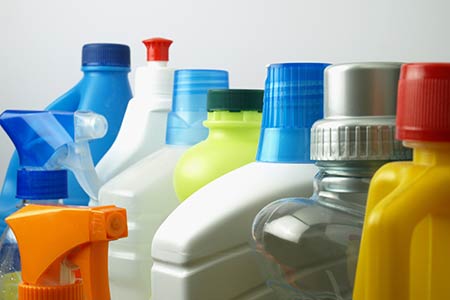
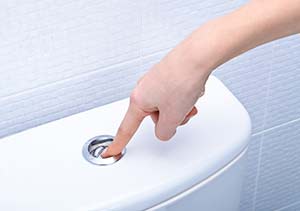
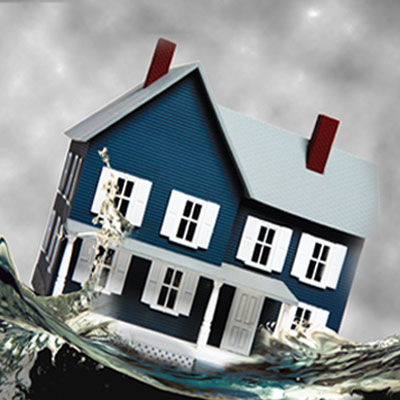
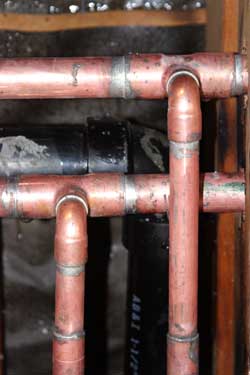
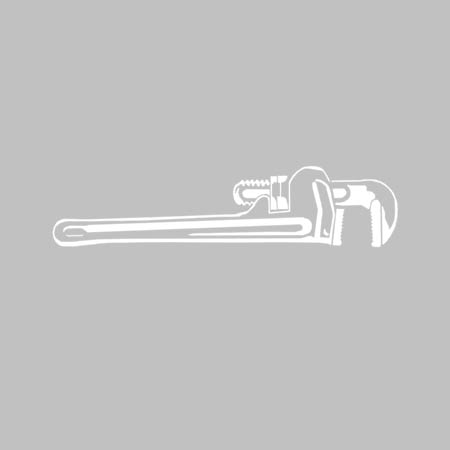
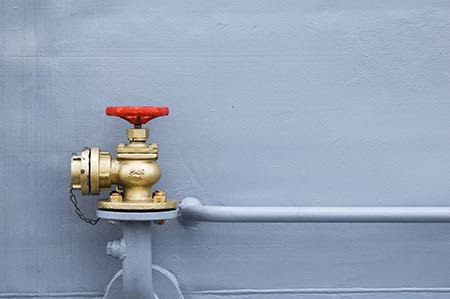
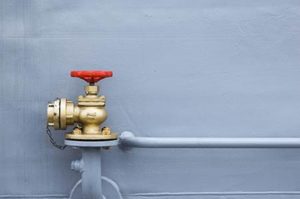 Spring has sprung! It is time once again for that spring cleaning… don’t forget to check all of your fixture supply lines and shut off valves. It is always a good idea to turn your shut off valves that are under your toilet, sinks, washing machine, laundry tray (if you have one), then turn them back on. Check for any weeping, drips or leaks, make sure the valves turn on and off smoothly. You want the valves to work properly if you have to shut the water off in a hurry or for a simple repair. This is excellent preventative maintenance that most of us do not think about – until it is too late!
Spring has sprung! It is time once again for that spring cleaning… don’t forget to check all of your fixture supply lines and shut off valves. It is always a good idea to turn your shut off valves that are under your toilet, sinks, washing machine, laundry tray (if you have one), then turn them back on. Check for any weeping, drips or leaks, make sure the valves turn on and off smoothly. You want the valves to work properly if you have to shut the water off in a hurry or for a simple repair. This is excellent preventative maintenance that most of us do not think about – until it is too late!